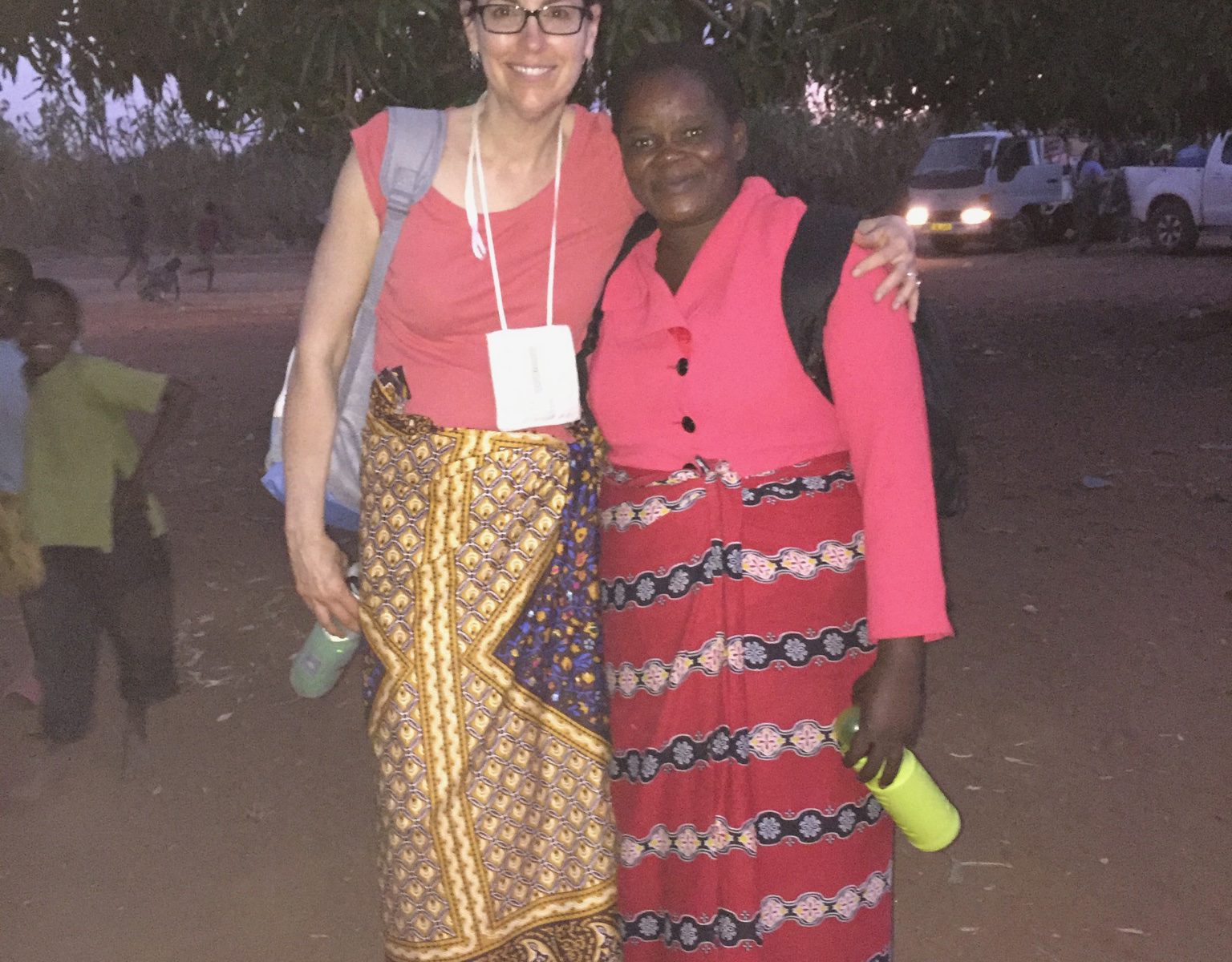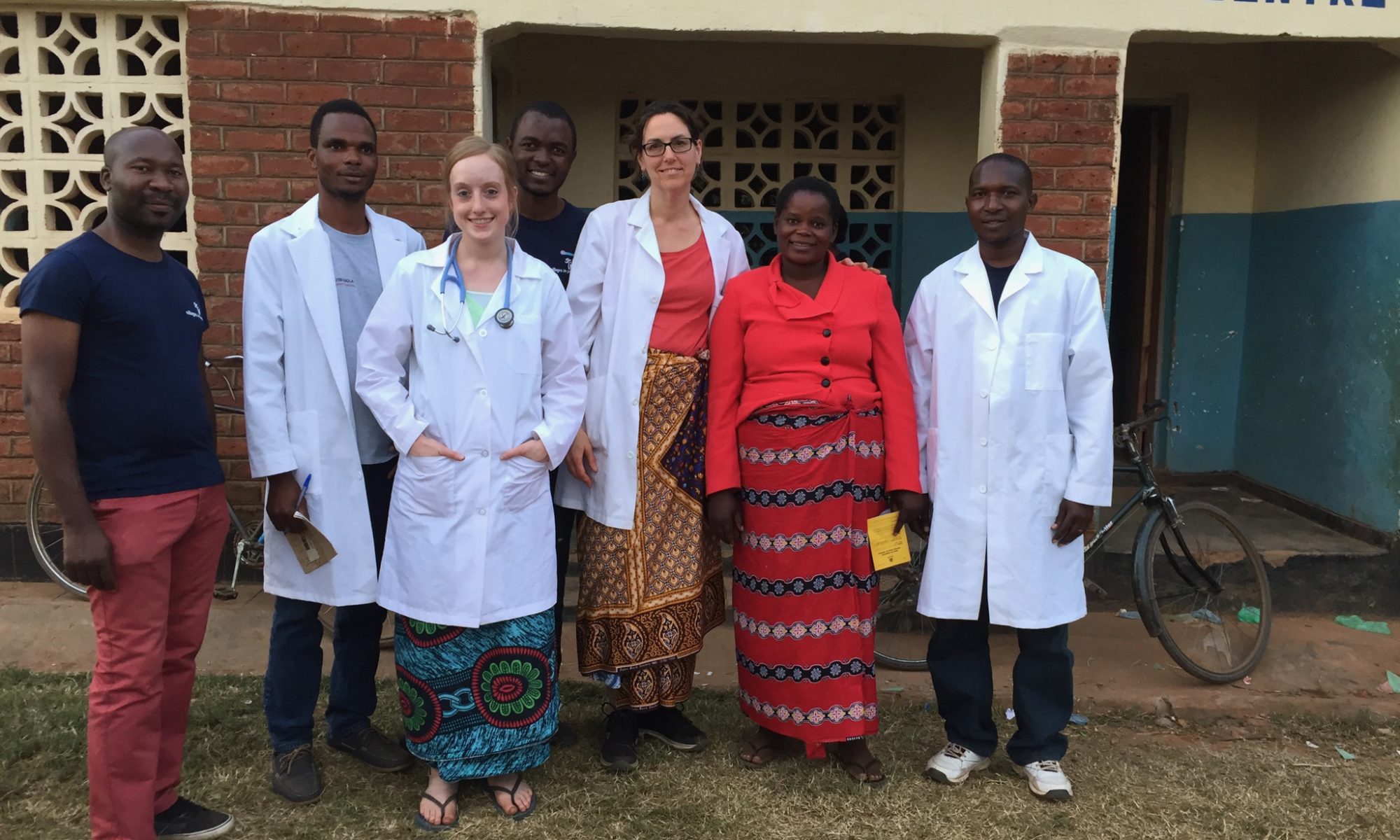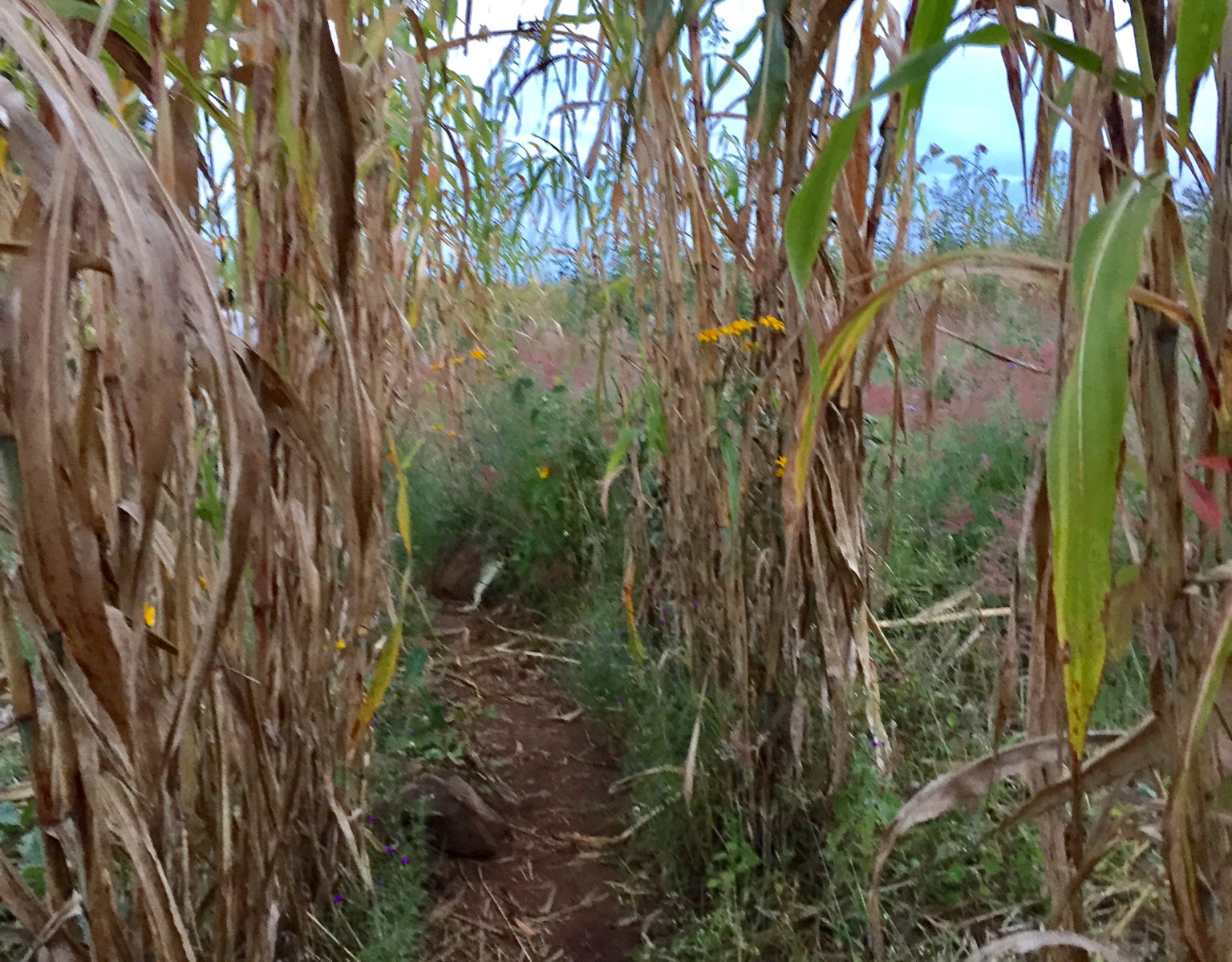The notion that “it is better to give than to receive” may seem like a trite adage, though there is scientific evidence to back up why altruistic behavior can have a positive impact on mood. Levels of chemicals in the brain attributed to “happiness” are measurably higher after volunteer work. The reason behind this is mysterious, and may be due to a rise in physical or social activity combined with a variety of other causes.
Here are a few of the reasons why helping others makes us happy.
Gives you purpose
Volunteering grants you a sense of purpose and responsibility for something greater than yourself. You find yourself being a stakeholder in another’s well-being. Seeing how your actions may have caused incremental change in another’s life can make you feel needed. A study from 2010 revealed that quality friendships where needs are mutually met relate to overall happiness. When someone feels needed by others, they tend to be happier.
Decreased feeling of loneliness
Being around others, whether you are an introvert or extrovert, decreases loneliness. A study done in 2013 showed that the more interaction people were getting from Facebook rather than people face to face, the lonelier and more depressed they became. With our lives being saturated with time spent on social media, we can forget how important it is to maintain our relationships in person. One of the best parts about volunteering is the relationships built in a new environment.
Helping is rewarding
After you help someone, you feel a sense of accomplishment. The reward center of the brain shows a chemical reaction very similar to experiencing happiness–oxytocin diminishes stress, and dopamine along with endorphins create a natural “helper’s high”. This feeling can actually become addictive, as your body can start to crave the rewarding feeling.
Increased sense of gratitude
Research shows that gratitude has the effect of making you happier and healthier. Serving others in need has the effect of putting your life into perspective. Suddenly, you can start to appreciate the little things in your life that your privilege caused you to overlook. It is documented that gratitude is inversely related to depression.
No matter your motivations for deciding to start volunteering and helping others in need, you can have a positive effect on your life and on the world around you. Find the right organization and cause to volunteer for so that you can feel passionate about the work that you are doing.
Dr. Barbara Edwards Princeton enjoys volunteering for so many reasons. Read more about her journey in Malawi at Dr. Barbara Edwards Princeton NJ




